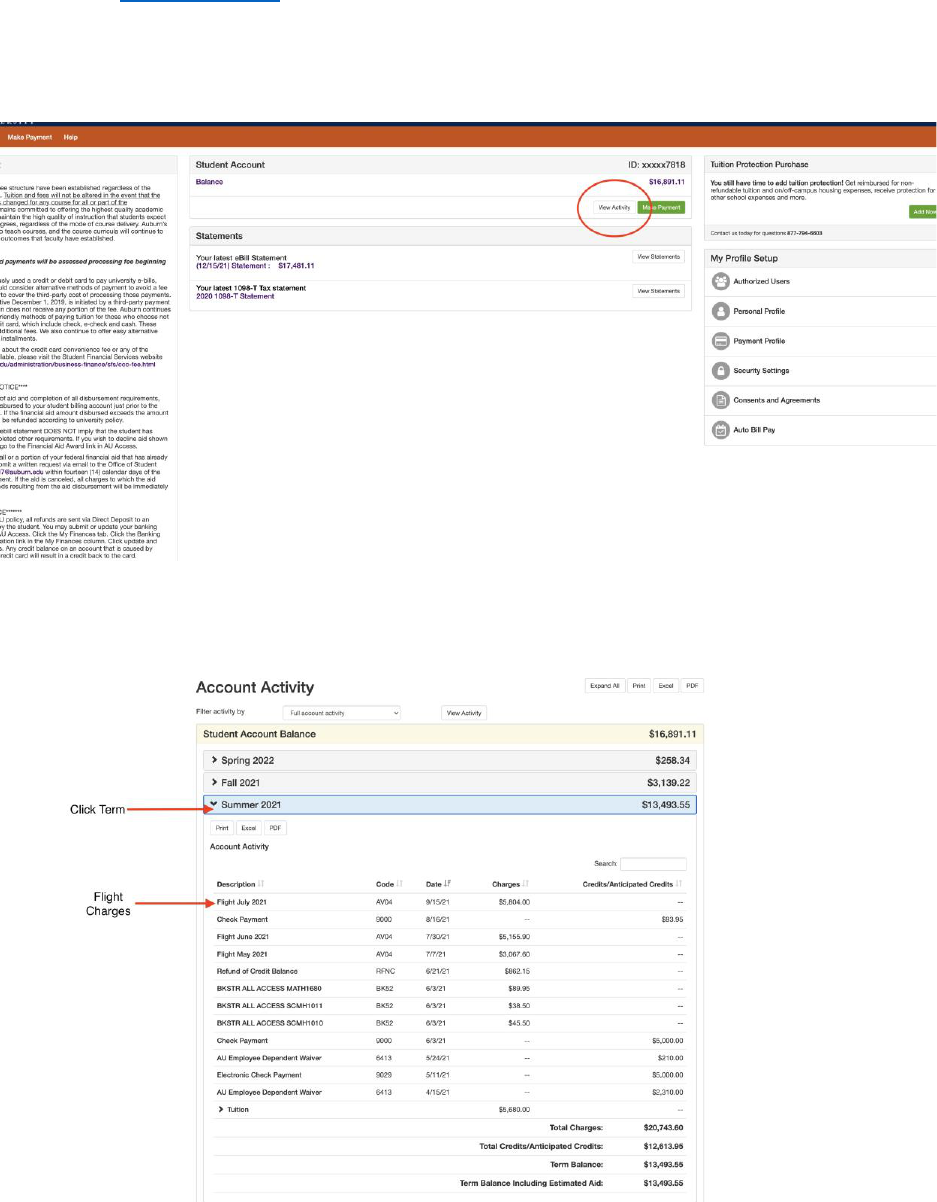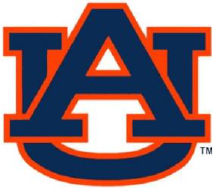
1
Professional Flight
Parent & Family Manual
updated 4/2022
2
Welcome to Auburn Aviation!
The information contained in this handbook is designed to share information with parents and
family members of Professional Flight students.

3
Family Education Rights & Privacy Act
The Family Educational Rights and Privacy Act of 1974 (also known as the Buckley Amendment or
FERPA) is a Federal law that protects the privacy of student education records. The Act provides
the following rights to students:
• Students have the right to inspect and access their educational records.
• Students have the opportunity to have the records amended.
• Students have some control over the disclosure of information from their records.
The intent of the legislation is to protect the rights of students and ensure the privacy and
accuracy of student records. The act applies to all institutions that are recipients of federal aid
administered by the Secretary of Education.
Examples of Educational Records:
Student Grade Records
Student Account Records Transcripts
Financial Aid Records (this includes flight billing)
Admission Application Records
All Professional Flight students will have the opportunity to complete a FERPA waiver at the
safety meeting or may e-mail their Academic Advisor to obtain a copy.
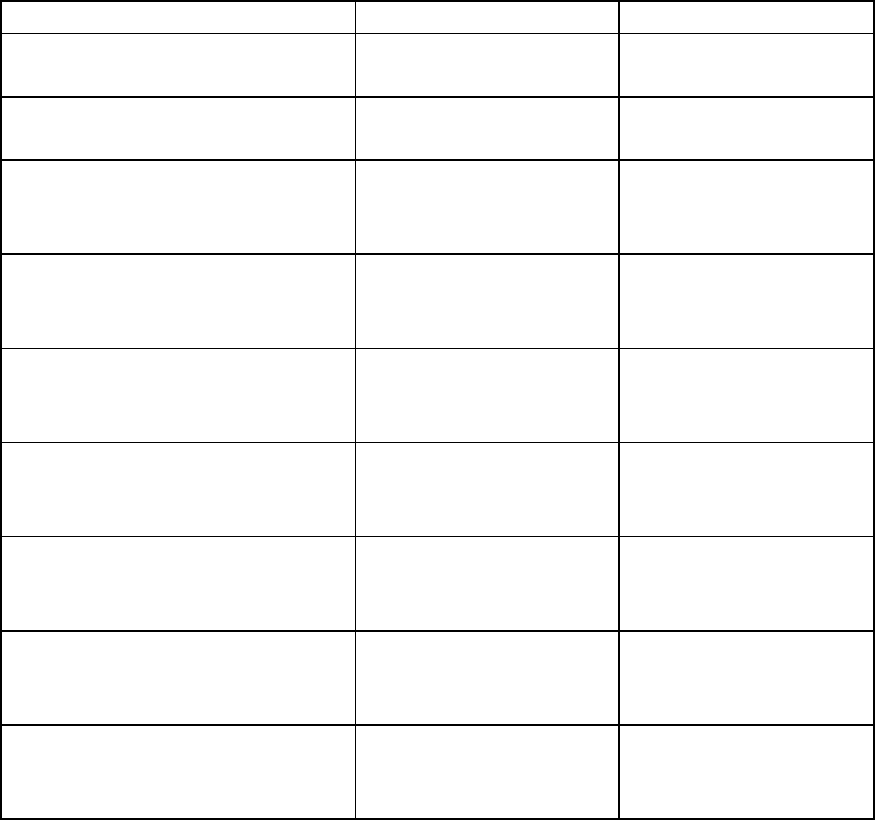
4
Professional Flight Administration
Professional Flight is comprised of a staff of experienced aviation professionals dedicated to
ensuring that students receive the best aviation education possible. The Department Head,
Chief Instructor, Assistant Chief Instructor(s), Supervisor Flight Instructors, Flight Instructors,
Flight Operations Coordinator, Flight Scheduling, Flight Dispatchers, and Fleet Maintenance
personnel are all here to assist you in achieving your aviation education goals.
Title
Name
Office Location
Director, School of Aviation &
Delta Air Lines Endowed Professor
Dr. James Witte
Terminal Building
2
nd
floor
Program Coordinator &
Delta Air Lines Assistant Professor
Dr. James Birdsong
Terminal Building
2
nd
floor
Chief Flight Instructor
Wayne Ceynowa
Delta Air Lines Aviation
Education Building
2
nd
floor
Assistant Chief Flight Instructor
Bart Nelson
Delta Air Lines Aviation
Education Building
2
nd
floor
Assistant Chief Flight Instructor
Keith Williams
Delta Air Lines Aviation
Education Building
2
nd
floor
Assistant Chief Flight Instructor
Vacant
Delta Air Lines Aviation
Education Building
2
nd
floor
Flight Operations Coordinator
Ellen Brooks
Delta Air Lines Aviation
Education Building
2
nd
floor
Academic Advisor
Meredith Walkup
Delta Air Lines Aviation
Education Building
2
nd
floor
Flight Scheduling
Chelsie Williams
Delta Air Lines Aviation
Education Building
2
nd
floor
5
The Assistant Chief Flight Instructors are responsible for overseeing student progress and
working with the flight instructors to ensure that students are making satisfactory progress in
their course, and assisting the flight instructors in resolving any issues that may be
encountered.
Flight Instructors are responsible for providing the training, guidance, and mentoring necessary
to achieve pilot certifications, and instilling the discipline necessary for ensuring that students
conduct all flight operations to the highest level of safety possible. Throughout students’
Professional Flight experiences, they are encouraged to speak with their flight instructors to
answer any questions they may have, or resolve any issues. If the flight instructor is not able to
assist the student, they are encouraged to speak with their flight instructor’s supervisor to
resolve your question or issue (see table below).
Help or Action
The following is provided to assist the student in the event they are unsure of who to see as the
primary point of contact to address a question, issue, or concern:
Add/Drop Flight Course for Current Semester ..................................................... Aviation Academic Advisor
Aeronautical Knowledge (Written) Test ................................................................. War Eagle Testing Center
Flight Safety Concerns, Safety Suggestions ......................... Assistant Chief Flight Instructor, Keith Williams
Flight Account ................................................................................................. Flight Operations Coordinator
Grade, Final Course Grade (AVMF) ......................................................................................... Chief Instructor
Grade, Final Course Grade (AVMG) .................................................................................... Department Head
Grounding ............................................................................................................................... Chief Instructor
Help! No One’s Listening .............................................................................................. Program Coordinator
Instructor Assignment .................................................................................. Assistant Chief Flight Instructor
Instructor Change Request ........................................................................... Assistant Chief Flight Instructor
Report a Hazard/Accident/Incident ................................... Assistant Chief Flight Instructor, Chief Instructor

6
School of Aviation – Professional Flight
Mission
The Auburn Aviation team, through education, research, and outreach programs, will develop
highly desired graduates and thought leaders who will serve as a positive force in aviation and
the world.
Program Education Goals
Our goal is to:
1. Develop aviation professionals with exceptional knowledge, skills, and values. Graduates
will be highly educated, technically proficient, safety-oriented, and business-minded.
2. Develop aviation professionals that advance global aviation. Graduates will have a global
perspective and embrace diverse cultures and ideas. Graduates will recognize historical
trends, current issues, and emerging opportunities.
3. Develop aviation professionals who aspire to lead. Graduates will champion integrity,
cultivate professional and personal growth opportunities, subscribe to a philosophy of
lifelong learning, and lead by serving others.
Curriculum in Professional Flight
The Professional Flight degree offers a quality aviation education that provides a solid
foundation of aeronautical knowledge and piloting skills expected by professional aviation
organizations and necessary for success in the aviation industry.
Auburn University is an FAA-approved Part 141 pilot school. Flight operations are conducted at
the Auburn University Regional Airport (KAUO), located less than three miles from campus.
Degree certifications and ratings include Private Pilot Certification, Instrument Rating,
Commercial Pilot Certification, Multi-Engine Rating, Certified Flight Instructor (CFI), CFI with
Instrument Rating, and Multi-Engine Instructor (MEI). One advanced pilot or flight instructor
certification/rating MUST be completed at Auburn to be Restricted ATP (R-ATP) eligible, the
ground and flight training for the instrument rating and commercial pilot certificate must be
completed at Auburn. NOTE: Commercial Pilot Certification, Single Engine is available as an add-
on, but is not considered part of the Professional Flight degree.
Professional Flight Curriculum Model

7
Student Learning Outcomes
Students graduating from the Professional Flight degree, B.S. program will:
1. Conduct aviation operations in a professional, safe, and efficient manner.
2. Describe historical trends, current issues, and emerging opportunities in aviation.
3. Apply effective oral and written communication skills to function effectively in the
aviation environment.
4. Articulate the value of integrity, lifelong learning, and building diverse teams in serving
and leading others.
5. Possess the necessary knowledge, skills, and attitude to competently and ethically
function as a professional pilot in the aviation industry.
Academic Standards
Professional Flight students must earn a grade of at least C or better in all courses in the major
and maintain a minimum 2.70 institutional GPA. The Professional Flight curriculum is designed
for progressive development of flight knowledge and skills, and students who earn less than a C
will not be allowed to progress to the next course. A course in which a student earns a grade
less than a C may be repeated one time only. Successful completion of the repeated course will
result in the student being allowed to continue to progress through the Professional Flight
degree curriculum. Students who a grade less than C in two or more Professional Flight major
courses or maintain an institutional GPA below 2.70 will be required to meet with the
department chair and may be considered for dismissal from the program.
Advanced Credit
Per the Professional Flight curriculum model, advanced credit for pilot certification/rating will
be granted upon evidence of FAA pilot certificate/rating at the time of enrollment. Evidence
consists of the certificate, as well as the knowledge and skills required to exercise the flight
privileges associated with the certificate. To receive advanced standing credit for pilot
certification/rating earned elsewhere, a student must pass a 25-question general knowledge
written exam administered by his/her flight instructor and pass a proficiency flight check to
Auburn University’s End-Of-Course standard for the corresponding FAA certificate/rating. To be
considered for advanced credit, incoming students must have their certificates/ratings
completed prior to matriculation to Auburn University.
NOTE:
Per the FAA, academic credit and flight training completed outside of Auburn University may
not count toward the Restricted Airline Transports Pilot (R-ATP) certificate requirements.

8
Flight Operations
Required Documentation
All Professional Flight students are required to present the following documentation in person
to Professional Flight to participate in flight training. Documents may be scanned at the Delta
Air Lines Aviation Education Building. New students are encouraged to bring documentation to
Camp War Eagle (Freshmen Orientation) or to SOS (Transfer Orientation).
1. Proof of US Citizenship (one from list)
• Original Birth Certificate (with raised seal or other appropriate way to designate
‘original’) and a government-issued photo identification
• Valid passport
2. FAA 1
st
Class Medical Certificate
3. FAA Airmen Certificate(s) – if applicable
Equipment
Auburn’s flight training aircraft fleet consists of G1000-equipped Cessna 172SP Skyhawks and
Piper PA-44 Seminoles. Advanced Aviation Training Devices (AATDs) include Precision Flight
Controls DCX Max Flight Simulators and a Frasca Mentor flight simulator. A Flight Deck
Solutions Airbus A320 Advanced Fixed Base Procedure training is used for the Professional
Flight Capstone course.
Professional Flight students need the following equipment for the flight lab courses: aviation
headset, E6B flight computer, flight plotter, and aeronautical charts (paper or electronic), and
instrument goggles. A Foreflight subscription discount is available for Professional Flight
students.
Flight Block Schedules
Flight blocks are assigned for flight lab courses on MWF or TRS during the fall or spring terms.
Flight blocks are assigned M-F during the summer term.
Current students (returning and transfer) are assigned flight blocks based on their academic
schedule per the Auburn University Registration Schedule.
Incoming freshmen are assigned flight blocks based on their academic schedule following the
last Camp War Eagle session and upon completion of TSA security and FAA medical pre-
requisites.
9
Flight labs are scheduled to be compatible with other student classes. All students are
responsible for their own academic schedule and assigned block. If a student adjusts their
academic schedule, and therefore needs a flight block adjustment, it is their responsibility to
notify Professional Flight as soon as possible.
Flight training and flight-related activities are not a reason/excuse to be absent from academic
classes. Flight schedulers will consult with students for additional availability to accommodate
flight lessons requiring additional times or for conditions of flight reasons (i.e., a cross country
or night flight), or for stage check and end of course tests. Any student’s decision to be available
at a time that conflicts with another scheduled class is a decision made solely by the student.
Dress and Appearance Guidelines
Aviation employers establish dress and appearance guidelines for their employees who in turn
reflect their business. Professionalism is essential to success in aviation.
Per the Flight Operations Manual (FOM), during all flight lab activities, the following dress code
applies:
a) Sleeved shirts must fully cover the torso and stomach area (unusually thin or open
weave fabrics are not acceptable);
b) Pants must be appropriate for a professional environment. No shorts, dresses, or skirts;
c) Shoes must be closed-toe and socks must be worn;
d) When current or forecast weather conditions warrant, suitable outerwear must be worn
or available;
e) No hats may be worn during the operation of the aircraft;
f) Fingernail length may not inhibit the manipulation of aircraft knobs, switches, soft-keys,
etc.;
g) Hair must be sufficiently contained to prevent interference with collision avoidance and
scanning, or any other safety-related issue;
h) Attention must be given to personal hygiene to include wearing clean clothing, being
free of body odor or excessive cologne or perfume, aftershave, or tobacco odor, and
having a clean face, hands, and fingernails;
i) Stage checks require business casual attire (Polo and dress pants at a minimum).
Instructors
Each student will be assigned an instructor each term. While it is a goal for the student to have
the same instructor for the entire term, Professional Flight reserves the right to adjust
instructors based on resources.
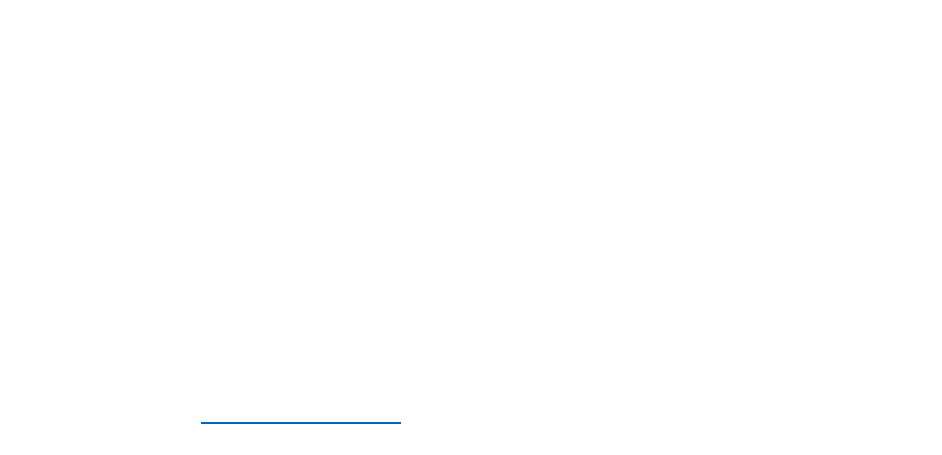
10
Flight Lab Incompletes
Flight Instruction Labs are designed to be completed within a designated term. Student
progression, however, is subject to both uncontrollable factors (weather, aircraft maintenance,
and flight instructor availability) and controllable factors (student performance.) In order to
showcase a student’s Standards of Progress, a grade is assigned at the completion of the term,
regardless of if the student has successfully finished the course. A grade of “NR” (Not Recorded)
is assigned to the course if the student has not completed the course by the end of the assigned
term. Students need one registration per flight course.
If the student has not completed the Flight Instruction Lab by the end of the registered term,
they may continue flying for course completion. Planned training hours and fees for each Flight
Instruction Lab are based on the FAA-approved Training Course Outline (TCO). Students
requiring additional instruction beyond those hours listed in the TCO will incur additional flight
instruction lab fees that exceed the minimum required to complete the course. Once
the student has completed the course, the AU Professional Flight Department will follow
Auburn University’s Grade Change Policy, changing the “NR” grade to the applicable letter
grade.
Safety Meeting
A mandatory Safety Meeting is held every term (fall, spring, and summer) on the evening of the
first day of class. Times and locations are announced prior to the meeting. Attendance is
required to fly during that term.
Airport Transportation
Students are responsible for arranging their transportation to and from the main university
campus to the Delta Air Lines Aviation Education Building. Transportation between the main
campus and the Delta Air Lines Aviation Education Building is available via the following:
Tiger Transit
• Monday – Friday, 7am-6pm (7am-5pm during summer)
Auburn University Department of Campus Safety and Security Night Shuttle
• Monday – Friday, 6pm-7am
Saturday Shuttle
• Saturday – during flight hours, School of Aviation Shuttle. Students must coordinate
with flight dispatch no later than three days prior to pick-up. NOTE: Flight blocks are not
scheduled on Saturday in the summer term, therefore there is no shuttle.
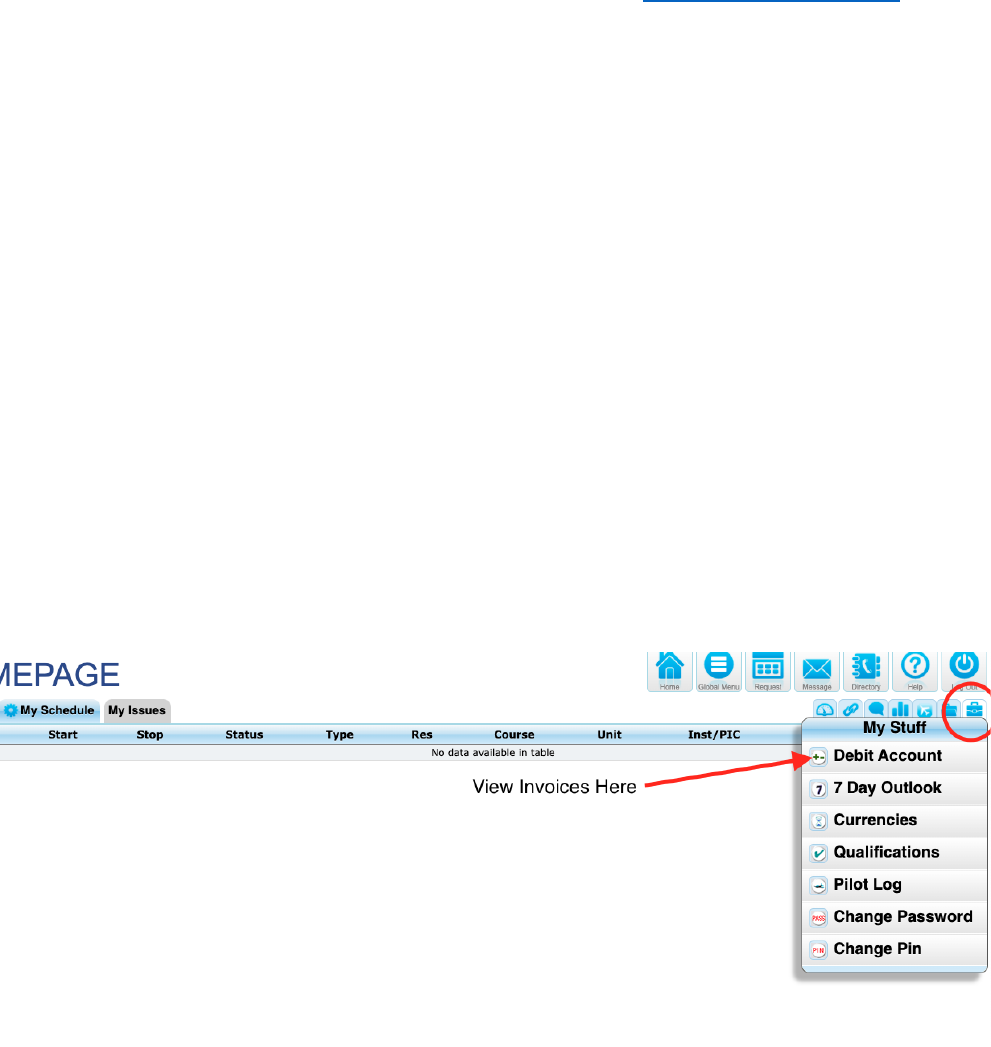
11
Flight Lab Fees & Billing
Flight Lab Fees
Flight lab courses have an associated flight fee established by the School of Aviation prior to the
start of the academic year. Flight fees cover aircraft, flight simulation, flight instructor, and FAA
knowledge exam fees. The training hours and fees outlined in the Auburn University Bulletin
are the minimum to complete the flight lab course. Students requiring additional instruction
will incur additional flight lab fees. Unexpected large changes in fuel prices may necessitate the
additional of a fuel surcharge for all training airplane usage.
Billing
Students are billed monthly through their Auburn University eBill for all flight related activities.
Please note that individual charges are not itemized on the eBill.
Repeated/Review Activities
Repeated or review flight activities are billed at the same rate as all other flight activities at the
student’s expense.
Individual Invoices
Students may use Talon (ETA) to review invoices for each flight activity and share information
with parents and family members. Only students have access to Talon (ETA)
• Student logs-in to Talon
• Hover over the brief case logo on the far right
• Click on “Debit Account”

12
eBill/Payment
Students are encouraged to add their parent or family members as an authorized user to their
eBill account. Flight charges are sent to the eBill monthly as a lump sum for all activities
completed that month.
To grant access, students must:
1. Log in to AU Access
2. Select the My Finances Tab
3. Select the eBill logo
4. In the right-hand column, you will see “Authorized Users”. Students are permitted to
add as many authorized users as necessary and can provide as much access to their
student financial records as they see fit.
Student Financial Services is able to release some student education records (including billing
and payment records such as the student tuition bill, payment history, or tax information) to
parents/guardians with the written consent of the student by way of setting them up as
Authorized Users. Please note that neither Student Financial Services nor Professional Flight is
authorized to add or edit authorized user information. Furthermore, authorized users for billing
and payment purposes are not granted access to enrollment records, grades, financial aid
information or other student records.

14
Attendance Policy
Absences
Flight blocks are treated like any other academic class and attendance is expected. Absence
notifications must be made 3 days in advance, and the absence notification form must be used.
The form is available on the School of Aviation website under Current Students. It is the
responsibility of the student to follow up with Professional Flight to see if the absence has been
excused. Please see the Auburn University Bulletin for a list of excusable absences.
Students should familiarize themselves with the Auburn University Academic Calendar each
semester.
No-Show Policy
A no-show charge is applied to any unexcused absence without 3 days notice. No show charges
are as follows: $200 for a dual flight lesson, $125 for solo flight lesson, $100 for a dual ground
lesson.
A final grade penalty of 5 points may be deducted for unexcused absences and unexcused no-
show absences.
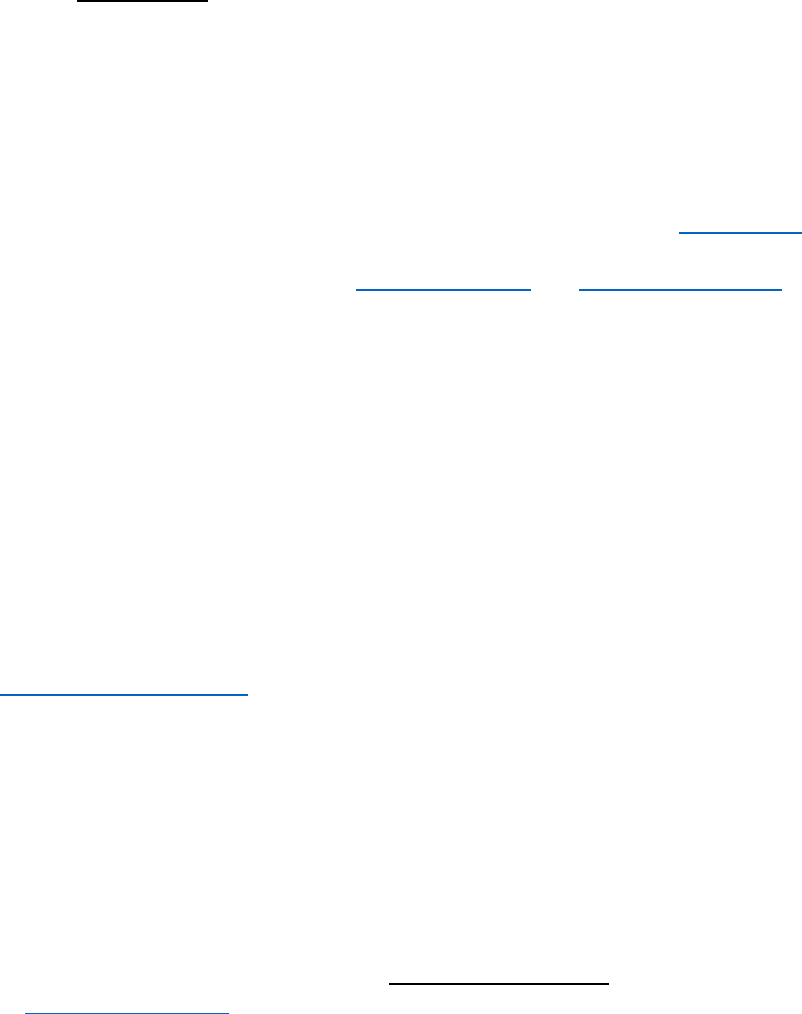
15
Student Resources
Degree Works
Auburn DegreeWorks is an online program that compares your academic achievement to your
major requirements as found in the Auburn Bulletin. You can use it to track your academic
progress toward a degree, review the requirements you have satisfied, and plan the courses you
can take to complete your remaining requirements.
Academic Support
If students have any concerns about their academic progress, it is highly recommended they
schedule a time to meet with their advisor as soon as possible through Advise Assist.
The advisors can assist in referrals to Academic Support, the Office of Accessibility, or other
campus resources.
Scholarships
Students should make themselves aware of undergraduate scholarship
opportunities. Information regarding scholarship application processes, dates, etc. is available on
the university scholarship page. University scholarship applications are due through AUSOM by
February 1st each year. A list of public scholarships for aviation students is available
through ALPA’s Cleared to Dream website (http://clearedtodream.org). Faculty and staff will
forward additional scholarship notices received from industry to students via email.
Financial Aid
Student Financial Services can provide additional support for student funding, including financial
aid. Students needing additional financial support should reach out to Student Financial Services
directly for support. If a student needs an updated Cost of Attendance, please contact the Chief
Flight Instructor and include your student identification number so that the request may be
started.
GI Bill/Veteran’s Benefits
Students planning to use benefits should contact the Auburn Veteran’s Resource Center.
Please contact them at (334) 844-8167, v[email protected] or online
at veterans.auburn.edu.
16
Internships and Co-Ops
Internships and co-ops are an excellent way to combine your education with practical work
experience in industry, business, and government. Students can earn up to six credit hours for an
internship by enrolling in AVMG 4920. Internship opportunities are shared via Aviation Faculty &
Staff and may also be on Handshake, a tool provided by the University Career Center.
If you are seeking an internship and participate in a flight training, it is strongly recommended you
meet with the Chief Flight Instructor prior to internship acceptance to understand what impact
the internship could have on your flight training and training progress, flight course grade, and
graduation projection.
Dean’s List
The name of every eligible student who meets certain scholastic requirements for a given
semester is placed on a list prepared for the dean of the student’s college or school. This honor
is also noted in the student’s permanent record.
To meet Auburn University’s requirements for inclusion on the dean’s list, the student must be
enrolled for 12 credit hours exclusive of any S-U option courses, pass all courses attempted for
the semester, have no D grades that term, and earn a GPA of at least 3.75 (on the 4.00 system).
All grades, including those excluded by the grade adjustment/course repeat policy, are used for
determining academic honors.
Professional Flight students who end the term with an NR grade are not eligible for the Dean’s
List, however, once a final A-F grade has been entered, the student may send a request to their
Academic Advisor to have the designation added if they meet the above requirements.
